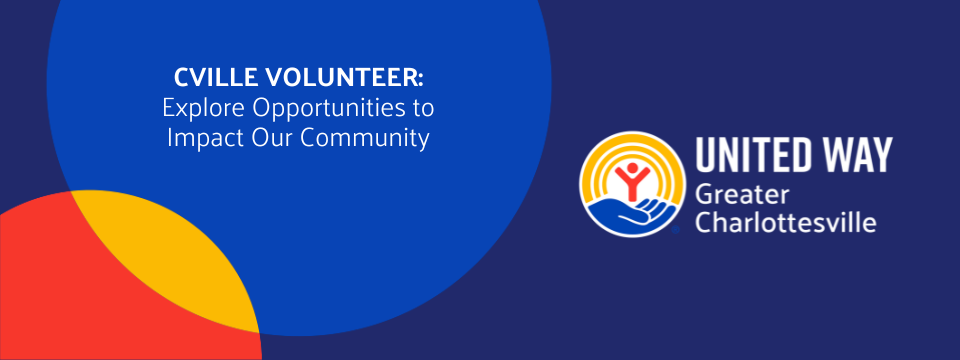Volunteers play a vital role in SARA’s mission to educate our community and assist and empower people who have experienced sexual violence. Crisis Services Volunteers initially take shifts on our 24/7 hotline and then have the opportunity to move into other crisis services roles at our agency.
The SARA Hotline serves as an immediate response to survivors of sexual assault and their loved ones at the time the support is needed. No matter how long ago the assault occurred, the SARA hotline provides brief crisis intervention. Hotline volunteers help provide callers with appropriate referrals and resources to empower callers to make their own choices and conduct their own healing process. Hotline Volunteers provide immediate response at times when the office is closed, and act as “triage” when referring callers to other SARA resources.
In order to provide the best service to our clients, there is a mandatory interviewing, reference-checking, and 40-hour training process for all incoming volunteers. SARA Hotline Volunteers MUST be at least 18 years old. Minimum volunteer commitment: 24 Hours/month, which immediately follows completion of training. Potential 4- or 12-hour shift blocks are available when the SARA office is closed (evenings, weekends, and holidays). Hotline volunteers must commit to the Hotline Volunteer role for at least 1 year.
The Fall Hotline Training will be on the following dates:
Wednesday September 15 6p-9p
Monday September 20 6p-9p
Wednesday September 22 6p-9p
Sunday September 26 10a-4p
Monday September 27 6p-9p
Wednesday September 29 6p-9p
Monday October 4 6p-9p
Wednesday October 6 6p-9p
You must attend all trainings to be eligible to be a hotline volunteer. If necessary, you may miss one session but it must be made up in the next cycle of trainings.
For more details and to sign up, please fill out an application and contact the Crisis Services Coordinator at katie@saracville.org.
BECOMING A HOTLINE VOLUNTEER AT SARA:
SARA operates a 24-hour hotline that responded to over 500 calls in 2018. Our volunteers are a valued and integral part of the work we do. In order to provide the best service to our clients, there is a mandatory interviewing, reference-checking, and training process for all incoming volunteers.
Here is the typical time-line for a Hotline Volunteer:
- Applications Due
- Interviews and Reference Checks
- Training: 40 hours total. 26 in-person, 10-20 on your own “homework." Candidates can only miss one session to successfully complete training.
- Minimum volunteer commitment: 24 Hours/month, which immediately follows completion of training. Potential 4- or 12-hour shift blocks are available from 5p-9a weekdays and anytime on weekends and holidays. Shift availability is dependent on holes within our current schedule but is usually flexible. Hotline volunteers must commit to the Hotline Volunteer role for at least 1 year.
- Continuing Education: Volunteers will be expected to attend Reconnect Meetings with SARA staff for processing and continued education and skill building. These meetings typically take place once a month at the SARA office for 30-60 minutes.
APPLICATION:
All prospective volunteers must complete an application (https://forms.gle/XvrrEws7C6BZVF178) indicating interest, experience, and relationship with sexual assault and crisis. We are looking for caring, reliable, empathetic, and non-judgmental individuals who are willing to commit to emotionally challenging work. Additionally, all candidates must be at least 18 years of age in order to volunteer.
Volunteer candidates must attend an interview in order to determine aptitude for the training program and volunteer commitment. Interviews are generally 15-30 minutes long and focus on interpersonal skills and experience with crisis and sexual assault.
We require 3 references to be contacted per volunteer. These references may be friends, coworkers, supervisors, professors, fellow volunteers, etc. They may not be family members or therapists. The best people to list as references are people who have known the candidate for a long time, can speak to their ability to handle crisis situations, emotional stability, and reliability. Also essential is that the references are easily contacted by phone or email.
TRAINING:
Volunteers will be trained in many elements of crisis line work through the duration of training. Training consists of a mixture of lecture, small group activities and call simulation.
Topics include:
- Basic Advocacy and Counseling Skills
- Information on Sexual Assault
- Self-Care
- Trauma-Informed Care
- Cultural Humility
- Suicide and Self-Inflicted Harm
- Domestic Violence
- Legal Information and Processes
- Medical Information and Processes
- Challenging Call Scenarios and Simulation


